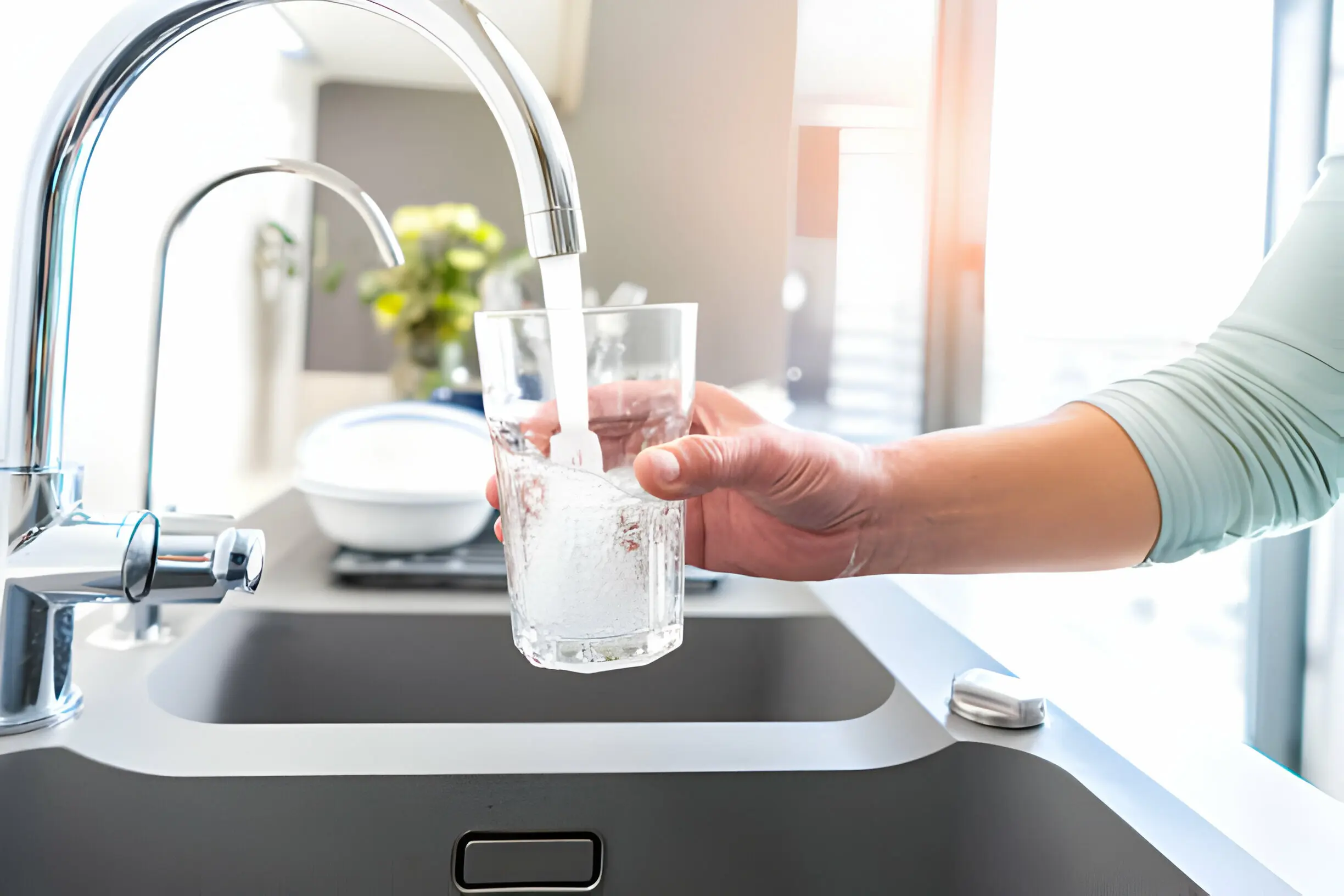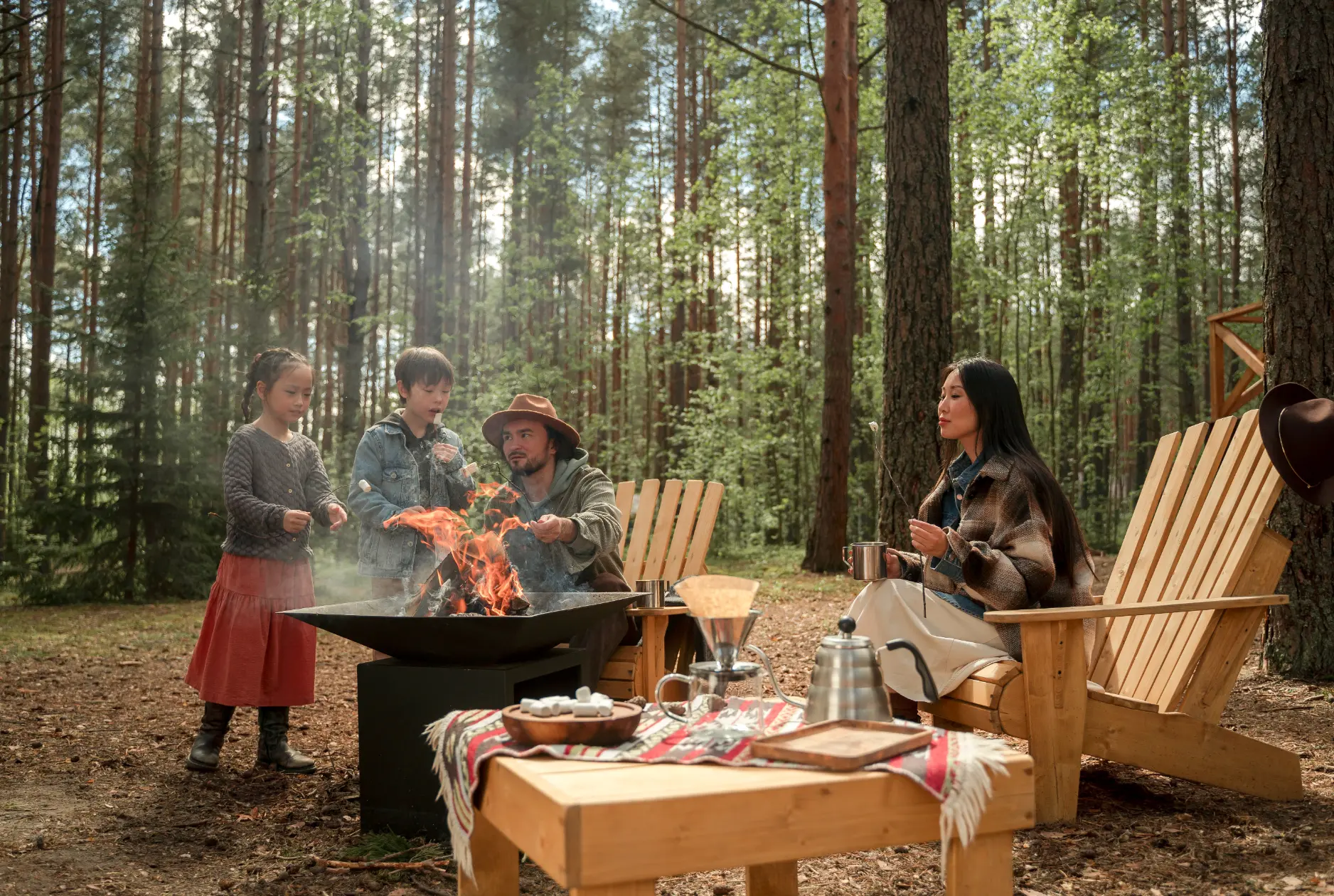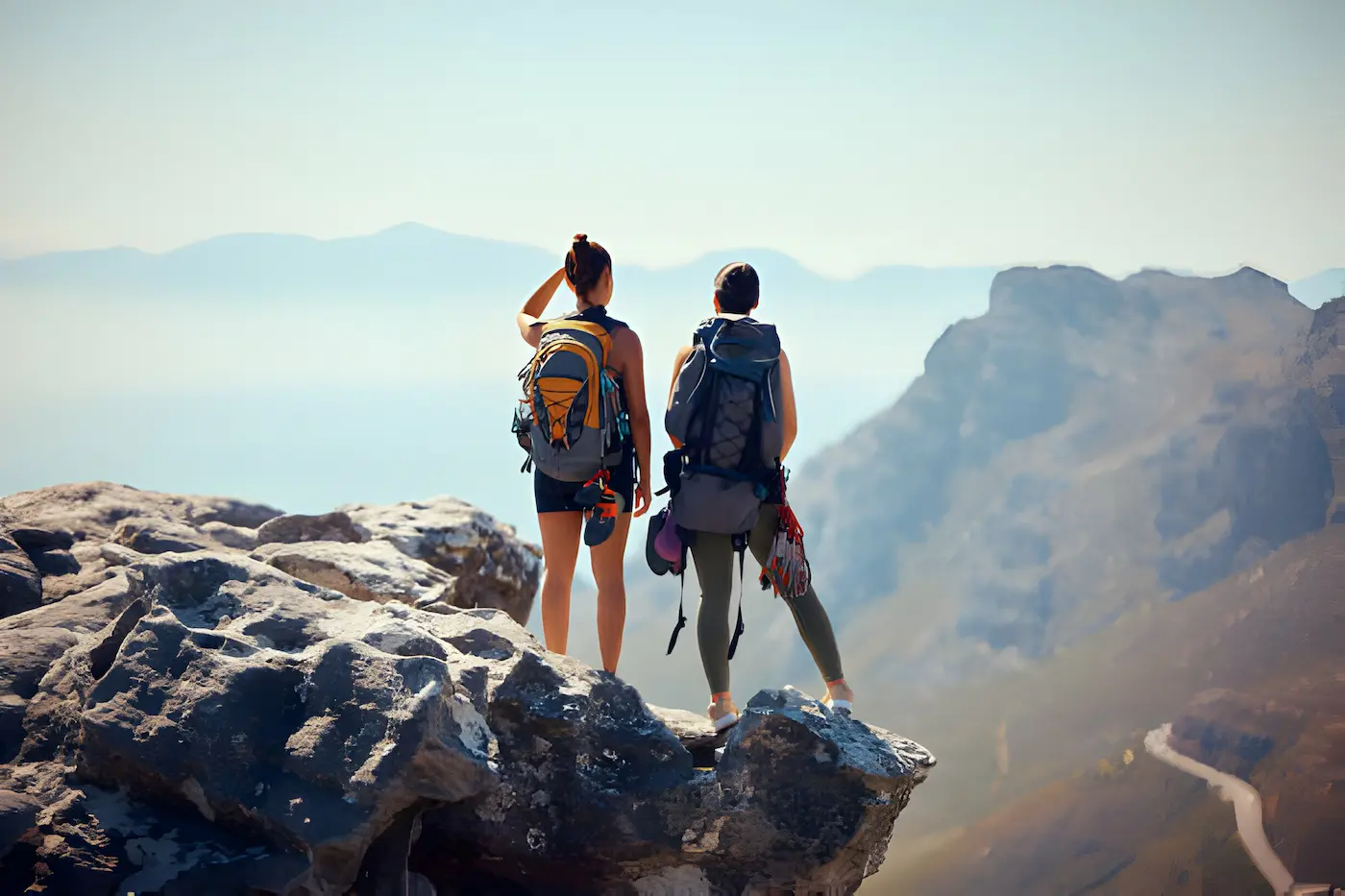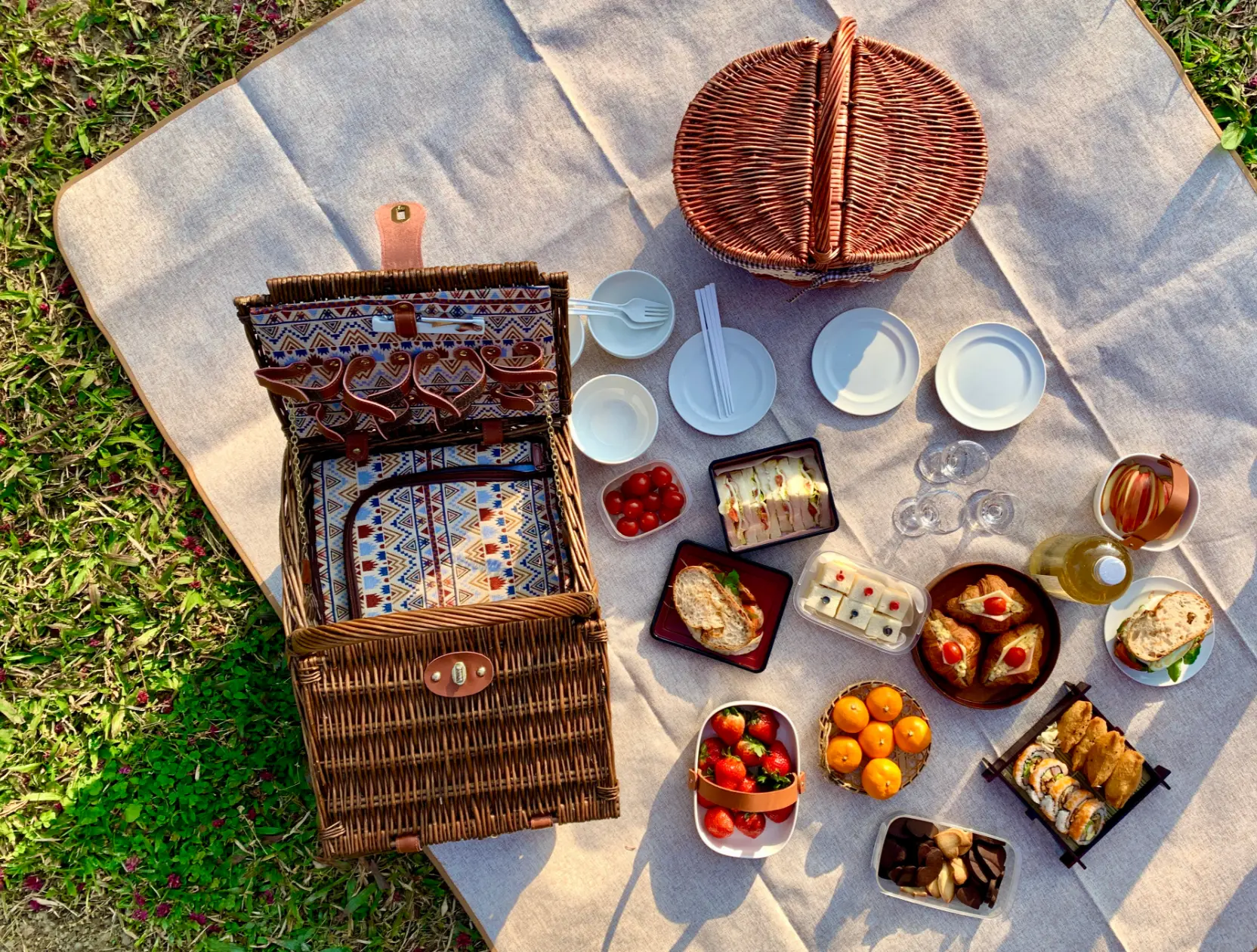Exclusive Camping Tips & Trick for Beginner 2024
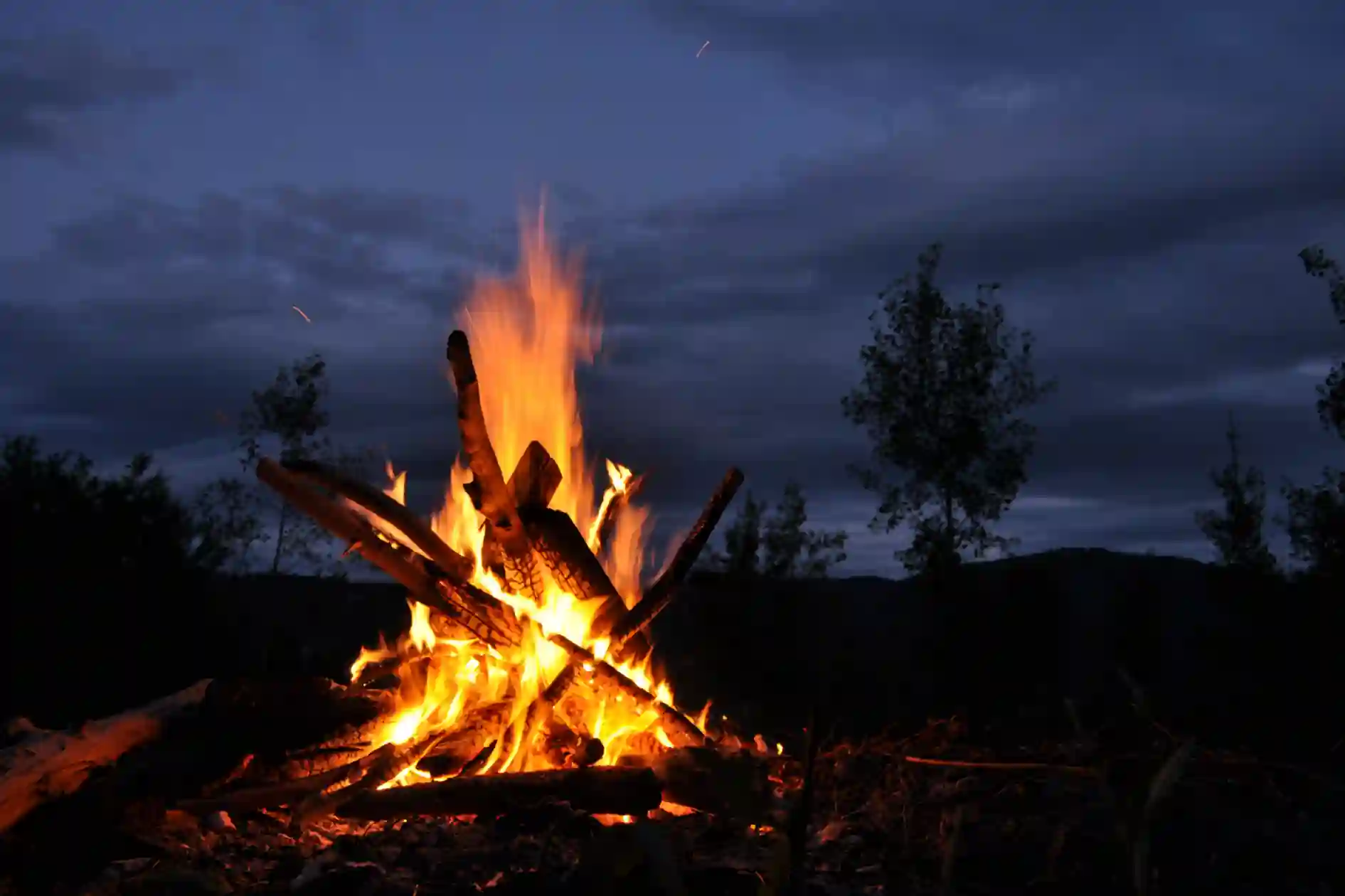
To start camping as a beginner, gather essential gear and choose a suitable location for your adventure. Additionally, learn basic camping skills and plan your trip accordingly to ensure a smooth and enjoyable experience.
Table of Contents
Choosing A Campground

When venturing into the world of camping for the first time, selecting the right campground can make all the difference in creating a memorable and enjoyable experience. With countless campgrounds available, it can feel overwhelming to choose the perfect one. To simplify the process, consider location and accessibility as well as research the amenities and facilities offered by each potential campground.
Consider Location And Accessibility
Choosing a campground with a suitable location and easy accessibility is essential to ensuring a smooth and convenient camping trip. Keep the following factors in mind:
- Proximity to your home or destination: The distance from your home or intended destination should be taken into account, especially if you are a beginner camper. Opting for a campground closer to where you live or plan to explore can save you valuable time and ensure minimal travel-related stress.
- Natural surroundings: Consider the type of environment you prefer. Do you like being surrounded by scenic wilderness, forests, or mountains? Or would you prefer to camp near a beach or a serene lake? Take the time to research and choose a campground that aligns with your preferences.
- Accessibility: Check if the ground you are considering provides easy access to essential amenities such as grocery stores, gas stations, and medical facilities. This will come in handy if you need any supplies or encounter any emergencies during your trip. Additionally, assess the campground’s accessibility for people with disabilities if that is a concern.
Research Amenities And Facilities
Before finalizing a campground, it is crucial to research the amenities and facilities that each campground offers. Consider the following:
- Campsite availability and size: Check if the campground has a sufficient number of campsites so that you can secure a spot for your camping trip. Additionally, look into the size of the campsites to ensure they can accommodate your camping equipment comfortably.
- Toilet and shower facilities: Clean and well-maintained restroom and shower facilities can significantly enhance your camping experience. Look for grounds that provide these amenities to ensure basic hygiene and convenience during your stay.
- Water and electricity: Depending on your preferences, check if the campground offers access to potable water and electrical hookups. Access to fresh water is crucial for cooking, cleaning, and staying hydrated, while electricity can power your gear and recharge electronic devices if needed.
- Recreational activities: If you enjoy engaging in outdoor activities, look for campgrounds that offer recreational facilities such as hiking trails, swimming pools, fishing spots, or playgrounds. This will allow you to make the most of your trip by enjoying additional fun and entertainment.
- Pet-friendly policies: If you plan to bring along your furry friends, make sure to choose a campground that permits pets. Check their policies regarding leash requirements and designated pet areas.
Essential Camping Gear
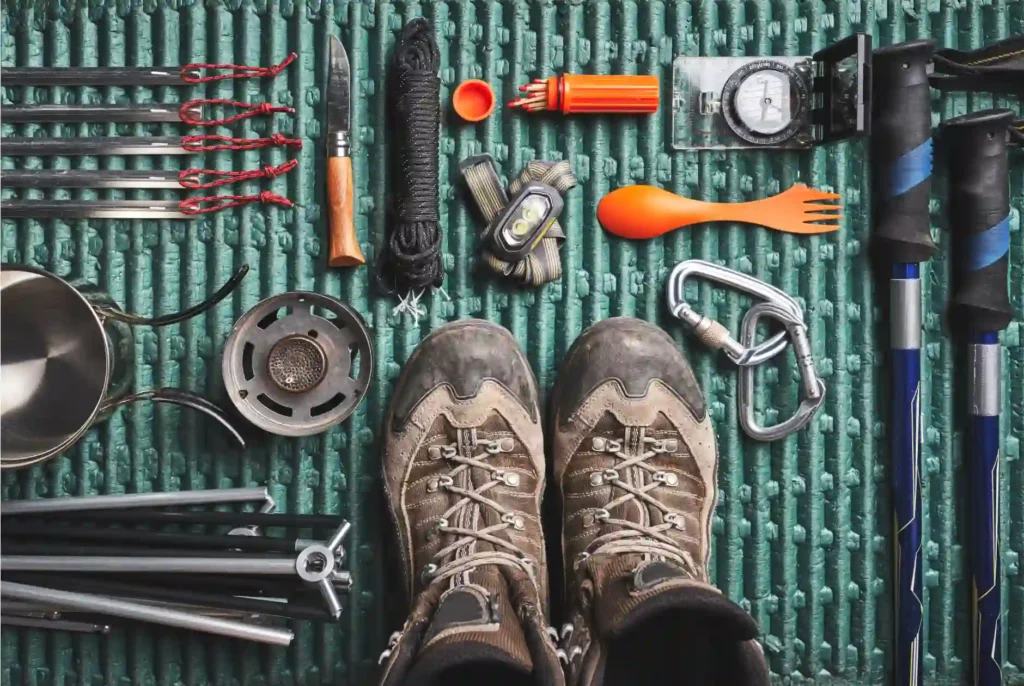
When it comes to camping, having the right gear is essential for a successful and enjoyable trip. Whether you’re a beginner or an experienced camper, knowing what to bring can make all the difference. In this article, we’ll explore the essential camping gear you need to have before heading out into the great outdoors.
Sleeping And Shelter Gear
One of the most important things to consider is when and where you will sleep and how you will protect yourself from the elements. Here are the essential sleeping and shelter gear you should have:
- Tent: A good quality tent is the foundation of your gear. Look for a tent that is easy to set up, lightweight, and weather-resistant.
- Sleeping Bag: A comfortable sleeping bag can make all the difference in how well you sleep at night. Choose one that is suitable for the temperature range of your camping destination.
- Sleeping Pad or Air Mattress: Sleeping pads or air mattresses provide cushioning and insulation against the cold ground. They also add an extra layer of comfort to your sleeping setup.
Cooking And Food Supplies
When camping, you’ll need to eat, and cooking outdoors can be a fun and rewarding experience. Here are the essential cooking and food supplies you should have:
- Camp Stove or Grill: A camp stove or grill allows you to cook meals and boil water easily. Look for one that is portable, easy to use, and fuel-efficient.
- Cookware: A lightweight and durable cookware set is essential for cooking meals while camping. Look for pots, pans, and utensils that are suitable for outdoor use.
- Cooler: A cooler is essential for storing perishable food and keeping them fresh. Look for one that has good insulation and is large enough to hold your food and drinks like a picnic.
Clothing And Personal Items
Having the right clothing and personal items can ensure that you stay comfortable and prepared during your camping trip. Here are the essential clothing and personal items you should have:
- Layered Clothing: Pack clothing that can be layered to adjust to changing weather conditions. Include items such as t-shirts, long-sleeve shirts, jackets, and pants.
- Footwear: Choose footwear that is suitable for the terrain of your camping destination. Hiking boots or sturdy shoes are a must for outdoor activities.
- Toiletries: Pack essential toiletries such as toothbrushes, toothpaste, soap, and toilet paper. Consider using biodegradable options to minimize your impact on the environment.
Safety And Emergency Equipment
Ensuring your safety and being prepared for emergencies is crucial when camping. Here are the essential safety and emergency equipment you should have:
- First Aid Kit: A well-stocked first aid kit is essential for treating minor injuries and illnesses. Make sure it includes bandages, antiseptic wipes, pain relievers, and any necessary prescription medications.
- Flashlight or Headlamp: Having a reliable source of light is essential for navigating your campsite at night. Pack a flashlight or headlamp, along with extra batteries.
- Fire Starter: Knowing how to start a fire is important for cooking and staying warm. Pack a fire starter kit that includes matches, a lighter, or a fire-starting tool.
To have a successful camping trip, proper planning and preparation are essential. Before embarking on your outdoor adventure, it is important to take the time to carefully plan the details of your trip. From deciding on the duration and season of your trip to creating a checklist of essential items, this section will guide you through the process of planning and preparing for your camping experience.
Decide On The Duration And Season
First, you need to determine how long you want your camping trip to be. Are you looking for a quick weekend getaway or a longer vacation? Consider your schedule and choose a duration that is suitable for you. Additionally, it is important to select the right season for your camping adventure.
Each season offers a unique experience, and the weather conditions can greatly impact your trip. Whether you prefer the sunny days of summer or the cozy atmosphere of autumn, make sure to consider the season that best aligns with your camping preferences.
Create A Camping Checklist
Creating a camping checklist is a crucial step in ensuring that you have all the necessary items for your trip. Start by making a list of essential camping gear, such as a tent, sleeping bags, cooking utensils, and a first aid kit.
Don’t forget to include personal items like clothing, toiletries, and medications. It’s also important to think about the specific activities you want to engage in during your camping trip. If you plan on hiking, add hiking boots and a map to your checklist. If fishing is on the agenda, include fishing gear and licenses.
By making a comprehensive checklist, you can ensure that you have everything you need for a stress-free camping experience.
Make Reservations And Obtain Permits
Once you have decided on the duration, season, and checked off all the items on your camping checklist, it’s time to make reservations and obtain any necessary permits.
If you plan on camping in a popular national or state park, it’s wise to make a reservation well in advance to secure your spot. Many campsites have limited availability, especially during peak seasons, so booking early is essential. Additionally, some camping areas require permits, especially for activities such as fishing or backcountry camping.
Research the rules and regulations of your chosen camping destination and obtain any required permits to avoid any last-minute complications. By taking care of these details ahead of time, you can ensure a smooth and hassle-free camping trip.
Conclusion
To conclude, starting camping as a beginner may seem intimidating, but with the right preparation and mindset, it can be a rewarding and unforgettable experience. Remember to invest in essential camping gear, choose a suitable campground, familiarize yourself with camping safety guidelines, and embrace the wonders of nature.
So, pack your bags, ignite your adventurous spirit, and embark on your first journey with confidence. Happy camping!


